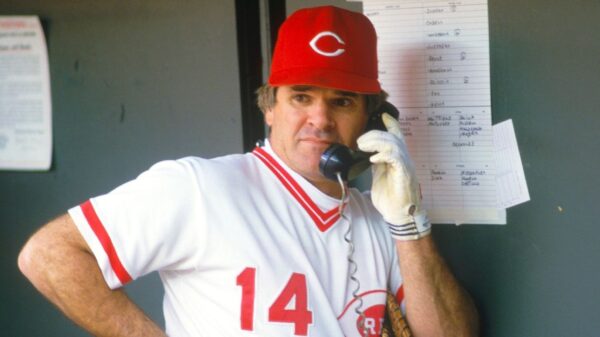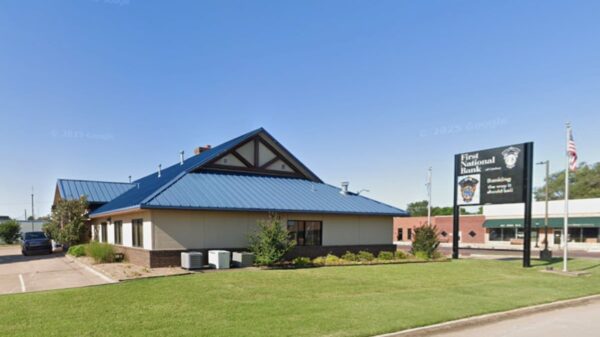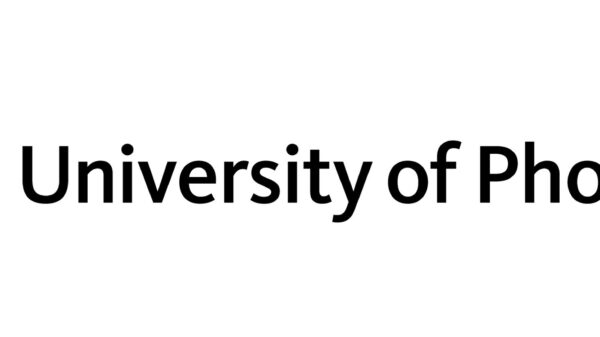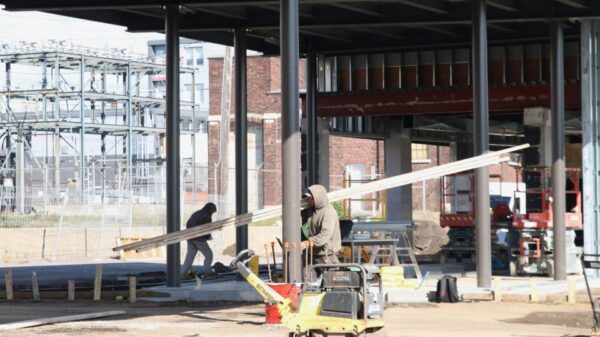Universal Health Services (UHS) has raised its revenue guidance for the fiscal year 2025 following a robust performance in the third quarter. The for-profit healthcare operator reported a significant year-over-year revenue increase of 13.4%, amounting to $4.5 billion. This surge is partly attributed to a $90 million boost from Washington D.C.’s newly approved Medicaid supplemental payment program, along with an increase in acute care volumes.
As a result, UHS now anticipates total revenue to range between $17.3 billion and $17.4 billion for 2025, an improvement from its earlier forecast of $17.1 billion to $17.3 billion. The company recorded a net income of $373 million for the third quarter, representing a more than 44% increase compared to the same quarter last year.
Growth Trends and Future Plans
UHS has noted that growth in its acute care division continues to outpace its behavioral health segment. In the third quarter, same-facility adjusted admissions in acute services rose by 2%, while the behavioral services division saw a modest increase of 0.5%. Despite these positive trends, UHS experienced a $25 million loss associated with its new Cedar Hill Regional Medical Center in Washington, D.C. The facility’s ramp-up has been slower than expected, but President and CEO Marc Miller indicated that the center received Medicare certification in September, allowing it to access government funding. UHS expects to achieve “break even or better” on this facility by the end of the year.
Looking ahead, UHS plans to open the Alan B. Miller Medical Center in Palm Beach Gardens, Florida, in Spring 2024. Currently, the health system operates 29 inpatient acute hospitals across the country.
Challenges in Behavioral Health and Legislative Concerns
UHS executives are also focusing on addressing the slower growth in their behavioral health business. The company aims to increase adjusted patient days by 2% to 3% in 2025, a target that Chief Financial Officer Steve Filton confirmed is now more achievable. UHS’s behavioral health portfolio has been criticized for being misaligned with current demands for outpatient care. The organization operates 345 inpatient facilities compared to only 100 outpatient access points.
Filton noted that many potential patients prefer to seek initial care in freestanding outpatient settings rather than in hospital environments. To address this, UHS will open 10 new clinics this year that will not be branded as inpatient facilities. Additionally, the company is striving to improve recruitment and retention within its workforce, acknowledging that progress in this area has been slower than anticipated.
UHS executives also highlighted potential challenges stemming from legislative changes affecting Medicaid supplemental payment programs. These programs, which have historically provided essential revenue support, recently included caps that could reduce UHS’s income by $420 million to $470 million annually by 2032 due to the provisions in the One Big Beautiful Bill Act. Moreover, UHS warned of possible revenue losses of between $50 million and $100 million annually in its Texas and Florida markets if Congress does not extend enhanced COVID-era Affordable Care Act subsidies.
The ongoing funding dispute between Democrats and Republicans has raised concerns, as millions may become uninsured if these subsidies expire, leading to substantial financial losses for healthcare providers.
In summary, UHS’s positive quarterly results and updated revenue forecast reflect its robust performance in acute care, even as it navigates challenges in behavioral health and potential legislative impacts.




































































